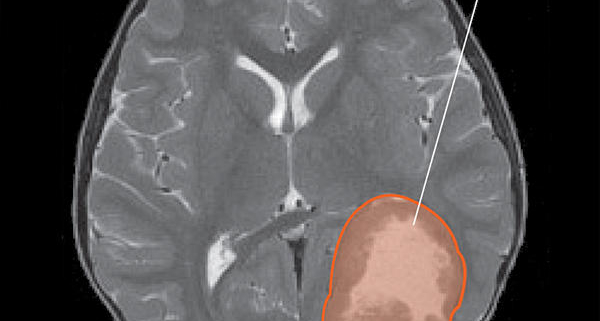We see many cases of brain tumours here at our hospital for brain tumours in Dwarka. Some tumours are cancerous (malignant) and some noncancerous (benign), and our best doctors for brain tumours in Delhi always provide patients the best treatment for brain tumours in Dwarka.
Some cancerous tumours begin in the brain (this called primary brain cancer). Sometimes, the cancer can spread from other parts of the body into the brain, which will result in a secondary brain tumour.
There are a host of potential symptoms of brain tumours, but a person with a tumour is unlikely to have them all. The symptoms also vary depending on where the tumor is growing in the brain and how large it has become.
Continue reading as we look at some of the common symptoms of brain tumours:
Following are some general signs and symptoms.
Headache changes
Worsening headaches are a common symptom, affecting about half of all people with brain tumours.
A tumour in the brain can put pressure on sensitive nerves and blood vessels. This may result in new headaches, or a change in your old pattern of headaches, such as the following:
Seizures
Brain tumors end up pushing against the nerve cells in the brain. This interferes with electrical signals and can result in seizures.
A seizure is at times the first sign of brain tumour, but can also happen at other stages. About half of all people with brain tumours will experience at least one seizure.
Personality changes and mood swings
Tumours can disrupt brain function, and affect personality and behaviour. They can also lead to sudden outbursts and unexplained mood swings.
For instance
- You were an easy going person, but now you’re irritable.
- You were a a “go-getter,” but are becoming passive.
- You’re calm and happy one moment and, the next, you’re in an argument for no real reason.
Memory loss and confusion
Trouble with memory can happen because of tumours in the frontal or temporal lobe. Tumours in the frontal or parietal lobe could also affect reasoning and decision-making. For example, you may realise:
- It’s harder to concentrate, and you find yourself easily distracted.
- You end up dazed and confused on simple matters.
- You can’t seem to multitask or plan anything.
- You begin to have short-term memory issues
Fatigue
Fatigue is feeling more than a little tired more than once in a while. These signs show that you’re experiencing real fatigue:
- You’re exhausted most of the time.
- There’s weakness all over and your limbs feel heavy.
- You fall asleep suddenly during the day
- You can’t focus
This kind of fatigue can be a result of a cancerous brain tumour.
If you’ve experienced any of these symptoms, seek medical help immediately.






